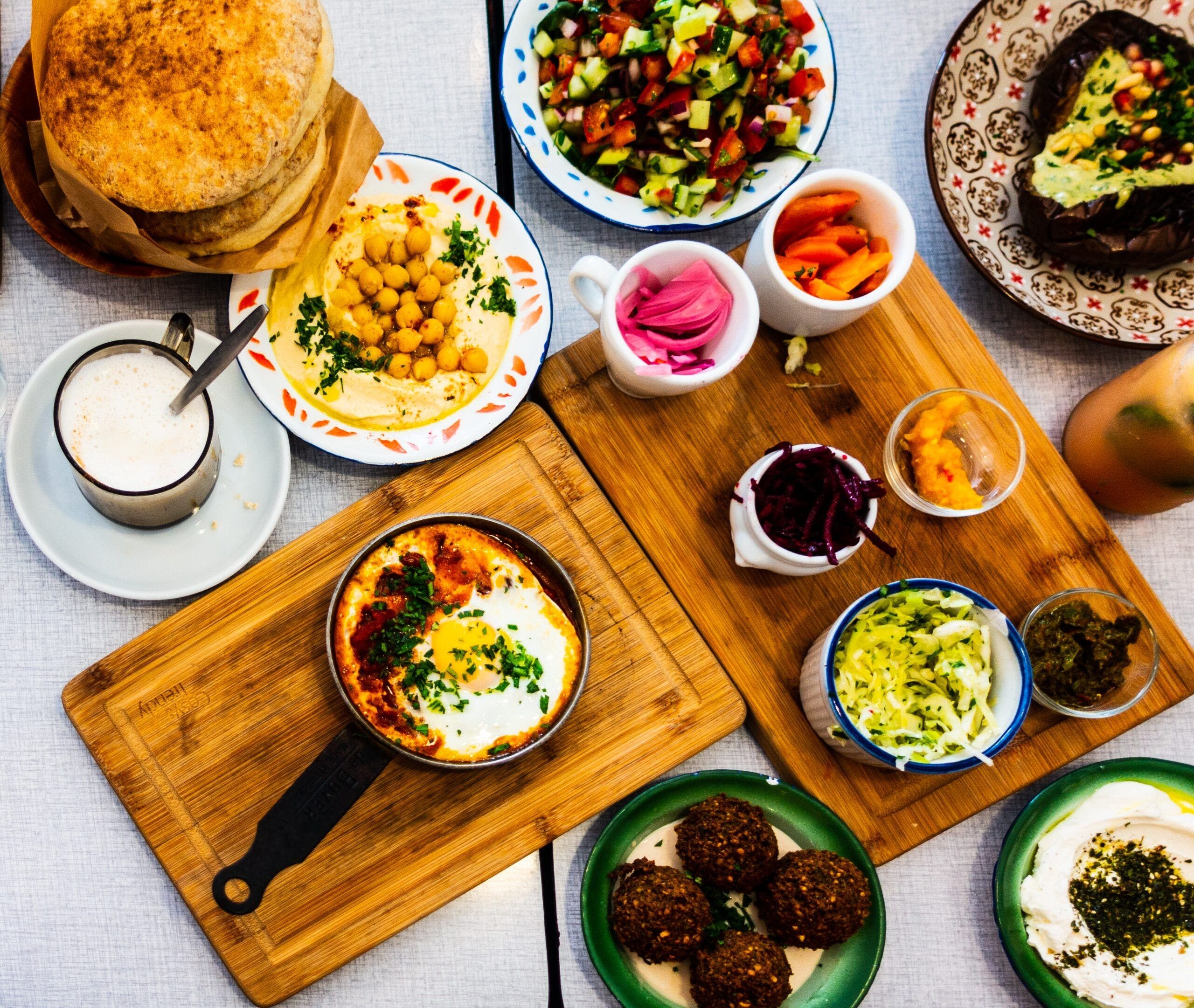Family is one of the most important and meaningful relationships we form in the course of our lives. As parents, we have the responsibility to ensure that our children learn the importance of good nutrition from an early age. It’s a challenge today to teach children to consume healthy food and drinks in an environment that is flooded with so many ‘fast’ products.
There are new guidelines and advice every day as a way for us to figure out what is good or bad, aiming to make us understand how to prevent all kinds of health problems, including malnutrition and obesity.
One thing is clear though – what you choose to eat as a family, how much and how often you eat affects how you all feel.
In this article, we will offer some tips on how to develop healthier eating habits at home, as it is the place where everything starts. When we teach our children about nutrition, we must, as with all other lessons during the children’s upbringing, practice what we preach.
The Little Ones

Image source: Pinterest
Before we look at tips for healthy family eating habits, we should not forget to mention the little ones.
The baby and toddler age is a special time, different from everything that comes ahead. Many parents are caught unprepared and unaware of the child’s needs and what it is like to be woken up at night when the child wants food.
In the earliest stage of a child’s life, breastmilk is what gives babies a natural healthy start and provides abundant nutritional components. If the mother does not have milk or needs to supplement, baby formulas are an excellent substitute as they provide the energy and nutrition the baby needs.
Cow milk is the basic ingredient in baby formulas and unfortunately, it may trigger an immune or digestive response. The baby may therefore benefit from a dairy free formula, which is the perfect substitution, providing all of the nutrients the baby may need.
Since babies and toddlers do not eat as much as adults, they need foods rich in vitamins and minerals. Remember that it is not what the child eats in one meal that is important, but what they eat during a longer period. The goal is not to try to make every meal perfect, but to offer wholesome foods.
Don’t Skip Breakfast
Breakfast has been popularly called the most important meal of the day. A good breakfast should include slow carbohydrates so that their mood and sharpness are at their peak throughout the morning. You will make smarter lunch choices when you are not ravenously hungry as you easily get after breakfast with fast carbs. The family breakfast should also contain protein and fat to be complete and a good example of this is oatmeal and boiled eggs or fruit salad with cottage cheese.
Studies show that children who eat breakfast before school find it easier to keep up with classes. This is noticeable as the children’s ability to concentrate and learn increases. The body gets an energy boost that allows you to activate all your senses at the same time.
As a parent, if you skip breakfast, you signal to your child that the meal is not so important to eat. Children look up to their parents and see their actions as examples. Therefore, you as a parent must make breakfast a good habit. It’s also the perfect way for the whole family to gather every morning to talk and bond.
Stock Up Wisely and Let Children Eat Often
Take control of what is in the refrigerator and kitchen pantry. If you fill them with healthy food and avoid sweets and junk food, it will be easier to make the children choose healthier options. Make sure you always have fresh fruit and vegetables and make them visible to make it inviting for the child to choose something nutritious.
Children often eat small portions and need to replenish energy often. Every three to four hours is completely normal. A hearty breakfast, lunch and dinner, and a couple of snacks from time to time are excellent, whether the children eat a lot or a little during the meals.
If you are out for long periods, it is good to always have some healthy snacks with you such as rice cakes, raisins, fruit, carrots. These are excellent snacks for most adults and children.
Plan And Cook The Same Meal for the Entire Family
Image source: Pinterest

Cooking family dinner every night does not have to be a big event but try to make the meals versatile, with both bread and salad alongside the main course.
If you plan, there are lots of smart ways to save time, for example by cooking and freezing so that you can serve the same meal on different occasions. Making lunch boxes and freezing food is nothing to be ashamed of, but smart everyday tricks.
When children are picky, it is easy for a parent to start adapting and making special meals for the child. Save yourself the hassle and let the child get used to the family’s food instead.
Feel free to have a few different dishes to choose from, such as a salad, a bowl of rice, and a stew. After a while, children tend to observe their parents and eventually start eating the same as the rest of the family.
Mind Your Language
Try not to talk about diets and weight in front of your children. If you criticize your body, you are passing on values to the children and risk planting a thought in their head.
Also, think about how you refer to food. Do not have preconceived notions about what you think the children should and should not eat and have a neutral attitude about what you serve. This will increase the chances for your children to be open to new taste experiences.
Do not go on talking about the food characteristics and feel free to mix up your vocabulary, or even better, make it fun. Tell them why carrots are useful or how oatmeal will give them the strength to run fast. If the atmosphere is pleasant, it will often lead the children to eat everything on the plate.
Final Thoughts
Learning and practicing healthy family eating habits starts from an early age. Although, as parents, we are enthusiastic in the beginning when wanting to achieve this, sometimes it can all evaporate into thin air.
But don’t stress. Never skipping breakfast, planning, and stocking up on healthy foods are some of the tips that will help you keep the balance and guide you on the right path.
Shared dinners have many valuable benefits for the well-being of the whole family as well as the development of the children. Always try to eat together with the family which, along with the other tips, will result in healthier eating habits, higher self-esteem, and better quality of life.


Comments are closed.